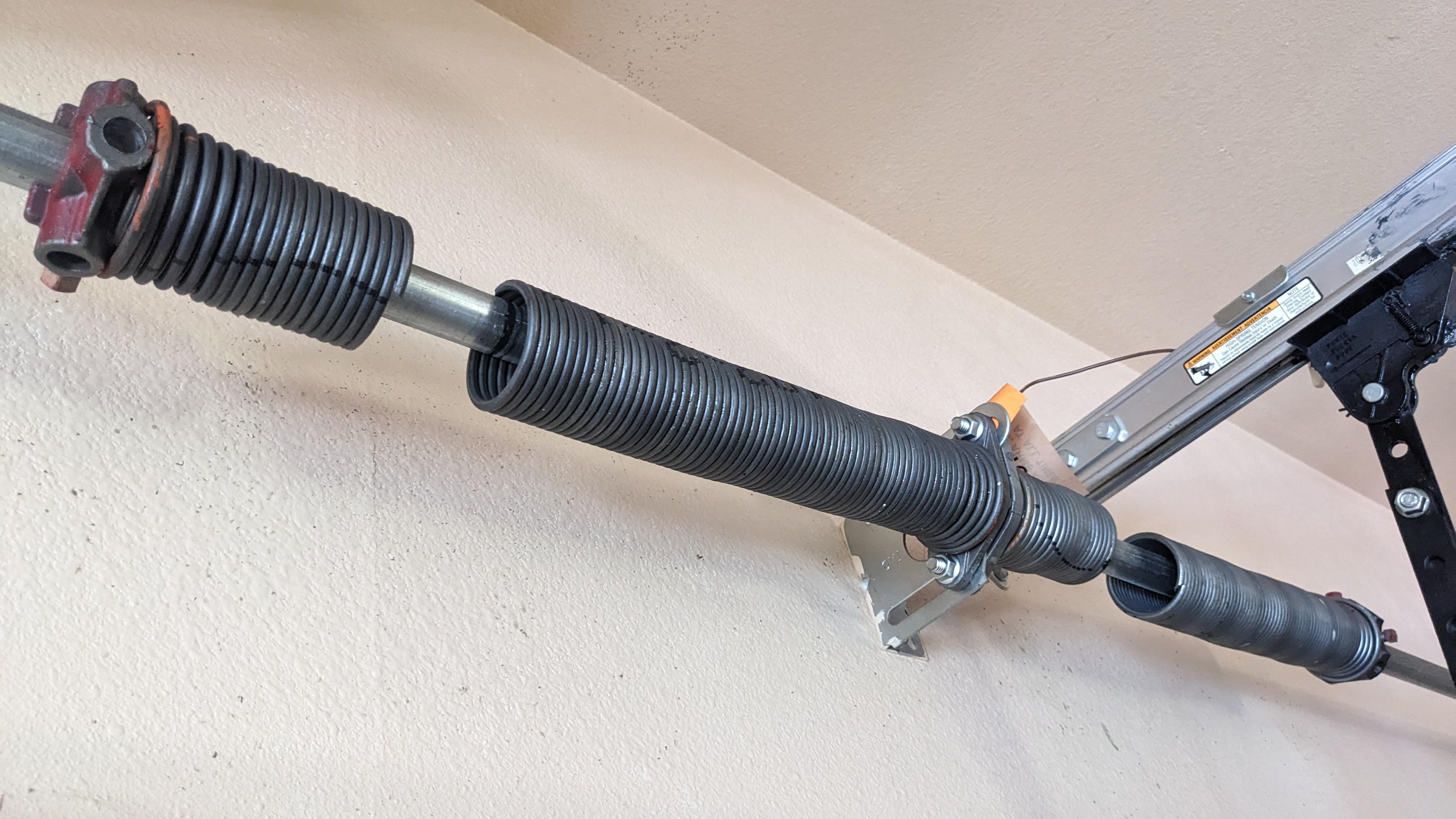Garage door springs are arguably the hardest working parts of your entire garage door system. They bear the full weight of the door, making it possible for you and your automatic opener to lift it with minimal effort. But this constant, high-tension work takes its toll. One of the most common questions we get from homeowners is, "How long should my springs actually last?" While there's no single answer, understanding the factors involved can help you anticipate when a replacement might be needed.
The Lifespan is Measured in Cycles, Not Years
The most important thing to know is that spring longevity is rated in cycles. One cycle is a single opening and closing of the garage door. The industry standard for a new garage door spring is 10,000 cycles.
So, how does that translate into years? It depends entirely on your usage:
- If you use your garage door twice a day (leaving for work, coming home), that's roughly 730 cycles per year. At that rate, a 10,000-cycle spring will last about 13-14 years.
- If you're a busy family using the door 4-6 times a day, your yearly cycles jump to 1,460-2,190. Your spring's lifespan could be closer to 5-7 years.
- For very high-usage households (8+ times a day), you might need a replacement in as little as 3-4 years.
It's also worth noting that higher quality, "high-cycle" springs are available, rated for 20,000, 50,000, or even more cycles. These are an excellent investment if you use your garage door frequently.
Key Factors That Influence Spring Longevity
Beyond the cycle rating, several other factors can shorten or extend the life of your garage door springs:
- Maintenance: A lack of regular maintenance is a primary cause of premature failure. Springs need to be lubricated with a garage door-specific lubricant once or twice a year to reduce friction and prevent corrosion.
- Environment: Garages in humid or coastal areas are prone to rust, which is the enemy of metal springs. The salt in the air can significantly accelerate corrosion and weaken the coils, drastically reducing their lifespan.
- Installation Quality: An improperly balanced garage door puts immense, uneven strain on the springs. If your door was not balanced correctly upon installation, or if it has become unbalanced over time, the springs will wear out much faster.
- Quality of Materials: Not all springs are created equal. Cheaper, lower-quality steel springs will not last as long as those made from higher-grade materials. Always ensure your technician is using quality parts.
Should You Replace Springs Proactively?
Knowing the average lifespan and your usage habits can help you plan. If your springs are approaching the 10-year mark and you notice signs of wear—like slower operation, a squeaking noise, or an unbalanced door—it's wise to consider a proactive replacement. This helps you avoid the inconvenience and potential danger of a sudden break. Furthermore, most doors have two springs; if one breaks, the other is likely not far behind and should always be replaced at the same time.


